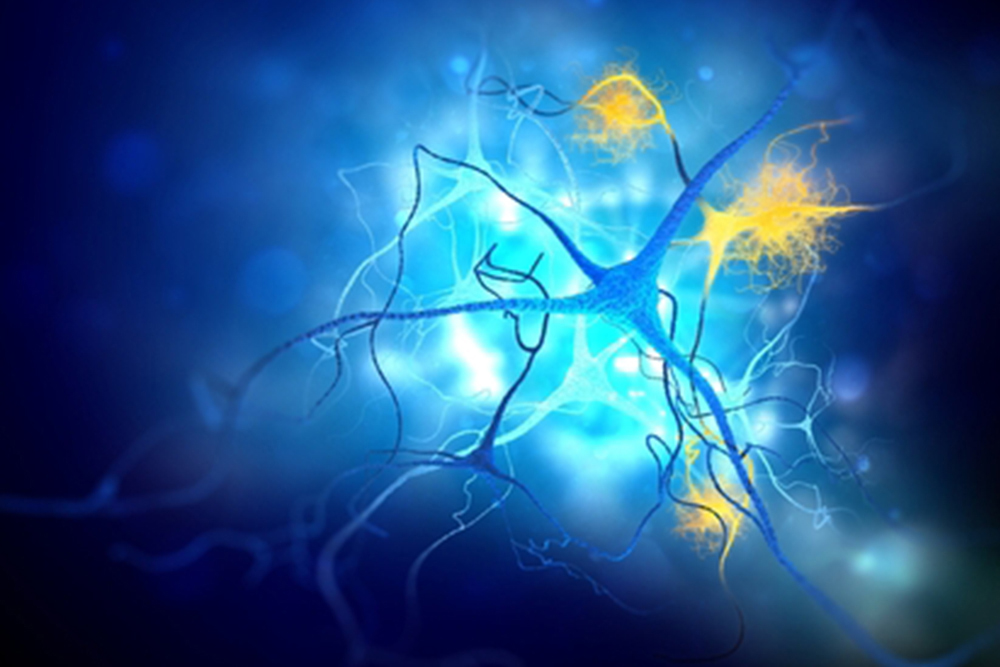Bipolar disorder is a mood disorder characterized by periods of mania or hypomania, featuring symptoms such as elevated mood, increased activity or energy, distractibility, insomnia, grandiosity, and racing thoughts. Neurosyphilis, an infection affecting the brain and spinal cord, can present with mood disturbances and neurological symptoms, complicating the clinical picture. This case study describes a 69-year-old man with a history of neurosyphilis and bipolar disorder who experienced acute manic symptoms following the abrupt discontinuation of lithium and valproic acid.
The patient presented with fever, tremors, and respiratory issues, which led to a diagnosis of E. coli bacteremia and acute kidney injury. Despite initial treatment, the patient’s neurological symptoms worsened due to lithium toxicity, necessitating the discontinuation of lithium and valproic acid. This abrupt cessation likely triggered a relapse of bipolar symptoms, underscoring the need for careful management of medication discontinuation in patients with bipolar disorder. The case highlights the importance of distinguishing between neurosyphilis and bipolar disorder and the need for gradual tapering of bipolar medications to prevent relapse.
Reference: Olatunde H, Anombem OM, Mantha A, et al. Manic Episodes in a Patient With Neurosyphilis Following Brief Discontinuation of Bipolar Medication. Cureus. 2023 Aug 16;15(8):e43604. doi: 10.7759/cureus.43604. PMID: 37719591; PMCID: PMC10504430.









